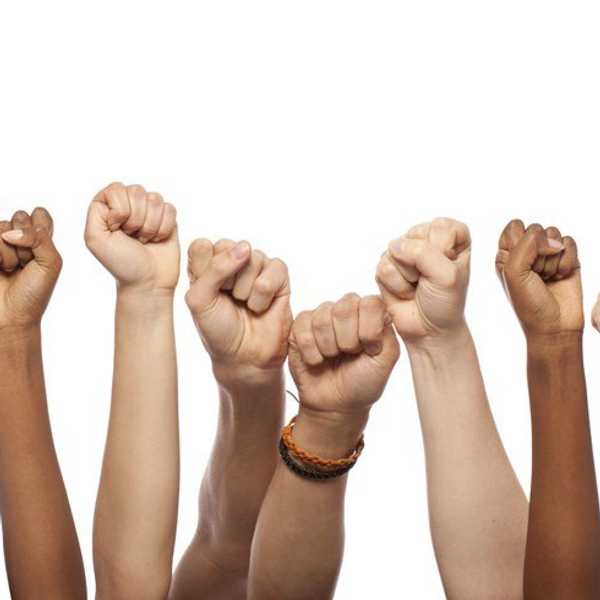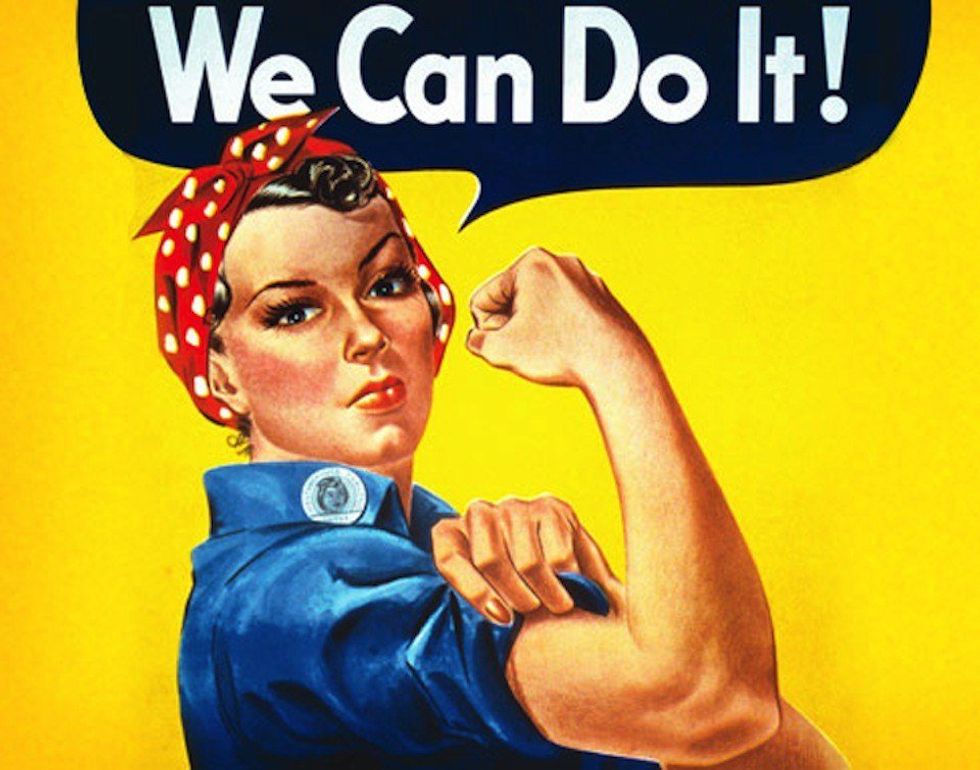I remember the first time I heard the word "feminist". I was in my high school psychology class, and a few of my friends and I were talking about a movie that had recently come out. It consistently objectified women, only as objects for the men in the movie to "score" with. One of my female friends commented that she was "too feminist" to support something like that before walking away. The rest of my friends in the group starts laughing once she left, mocking her for calling herself a feminist. "She probably burns her bras!" One teased, eliciting more snarky chuckles. I didn't know how to feel. Sure, I knew about women's rights movements, and bra burning and that objectifying woman was wrong. But I forced laughter, not wanting to be left out.
Looking back, I'm not proud of my actions. These days, I'm an outspoken, vocal feminist. The feminist movement has one goal: create gender equality. Often, feminism is mistaken for misandry or hating men. This is not the case. Real feminists who understand what the movement about knows that equal means equal, nobody better than the rest because of their gender. Feminism has created meaningful reform in many core issues, like domestic violence, reproductive rights, equal pay and sexual assault and harassment. Feminism means that no matter who you are, you can live a life that you want.
And feminism isn't just for women. Feminism benefits men too. The movement aims that nobody faces inequality, regardless of gender. Feminism helped change the definition of rape to include that men can face sexual assault, too. It also helped change the way we think about jobs. Now, it isn't strange to see a male teacher or nurse, but this wasn't always the case. Feminism worked to make it known that anyone can do whatever they want with their life. Many male celebrities are announcing themselves as feminists, including Will Smith, Daniel Radcliffe, Ashton Kutcher, and Joseph Gordon-Levitt.
Of course, feminism isn't perfect. Often people of color, LGBTQ individuals, and the disabled are left out of the headlines, despite being active members of the movement. That's why a new branch of feminism is growing: intersectional feminism. Intersectional feminism is based on the notion that not just straight, white women (the face of feminism) experience bias (shocking, I know.) For example, while a white woman in a full-time job makes 79 cents for every dollar a man makes, an African American woman makes 64 cents, a Native American woman makes 65 cents, and a Hispanic/Latina woman makes 54 cents. This is despicable and embarrassing. We can do better, and we must do better. Intersectional feminism is how we do better.
I am a woman and a proud intersectional feminist. I'm glad to stand behind the idea that we all deserve equality, no matter our gender.





















